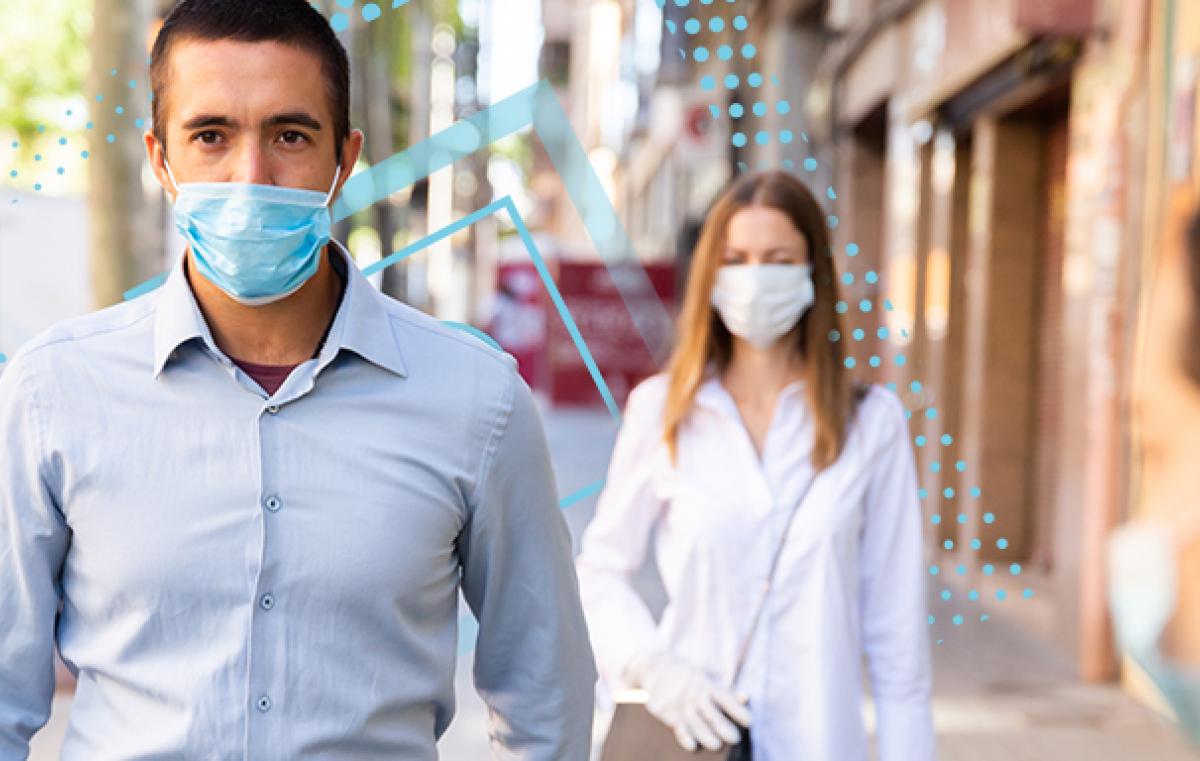Is a Third Vaccine Needed?
The decision, says BIU Prof. Cyrille Cohen, depends on the vaccine’s effectiveness, which is still high for most of the population – both in Israel and abroad, except for those at high risk

With the resurgence of COVID-19, and the emergence of particularly contagious variants such as Delta and Delta Plus, Israelis are asking whether there is a need for a third vaccine. Prof. Cyrille Cohen, an immunity expert at BIU’s Goodman Faculty of Life Sciences and a member of the Advisory Committee for Clinical Trials on Vaccines at the Israel Ministry of Health, believes that it’s too early to determine whether a third booster shot is necessary. Before the health systems make a decision, data on the current Delta variant outbreak should be examined to gauge the extent to which the vaccine – that most of the population has received – provides protection.
The new COVID variant (Delta and Delta Plus) is more contagious than the original strain due to mutations in the spike protein, which binds to human cells. It seems that infection from the new variant is more massive and rapid, but the important questions are whether the Delta and Delta Plus variants cause more serious illness and whether or not the current vaccine protects against them. Routine tests do not detect the virus strain but provide only an answer whether or not the person is infected with COVID-19. Determining the virus strain requires genetic sequencing, meaning a slightly more expensive test with a longer wait for answers. So now that the new variant seems to have spread, only sample tests can be performed to detect it.
According to data from abroad, the mRNA vaccine, which is used in Israel, provides protection against COVID-19 for more than a few months, and is 88% effective against infection and 96% effective against hospitalization. Data from the Israel Ministry of Health show similar efficacy in preventing hospitalization but is lower in terms of infection. These are good statistics in relation to a potentially dangerous disease. Recent data show that the vaccine provides sustained immunity. The decision to give a third booster shot should be based on data showing a decrease in the immune effect. If it is eventually decided to give a third vaccine dose, consideration should be given to including the new variant if possible. In any case, there is currently no information indicating the need for a third sweeping vaccine campaign for anyone who has already received two vaccine doses.
However, Prof. Cohen suggests that a third dose be considered for high-risk populations and people with weak immune systems, but again, statistical data should be examined in order to determine what is correct for each specific group (e.g., people who have had an organ transplant, cancer patients, those with immune diseases) whether it is right to vaccinate them. Regarding vaccinating adolescents, the decision should be personal and, in any case, not to depend on the expiration date of the vaccines in stock or on rumors spread in the media.
The bottom line is that the decision to give a third vaccine should take into account the effectiveness of the vaccine for general and high-risk populations. Decisions regarding the new virus strains should take into account how dangerous they are, and their resistance or nonresistance to the current vaccine.
Prof. Cohen says that he does not believe in a return to the stringent COVID-19 policies, but we should request certain limitations, for example on gatherings in closed spaces or in order to provide extra protection for vulnerable populations.